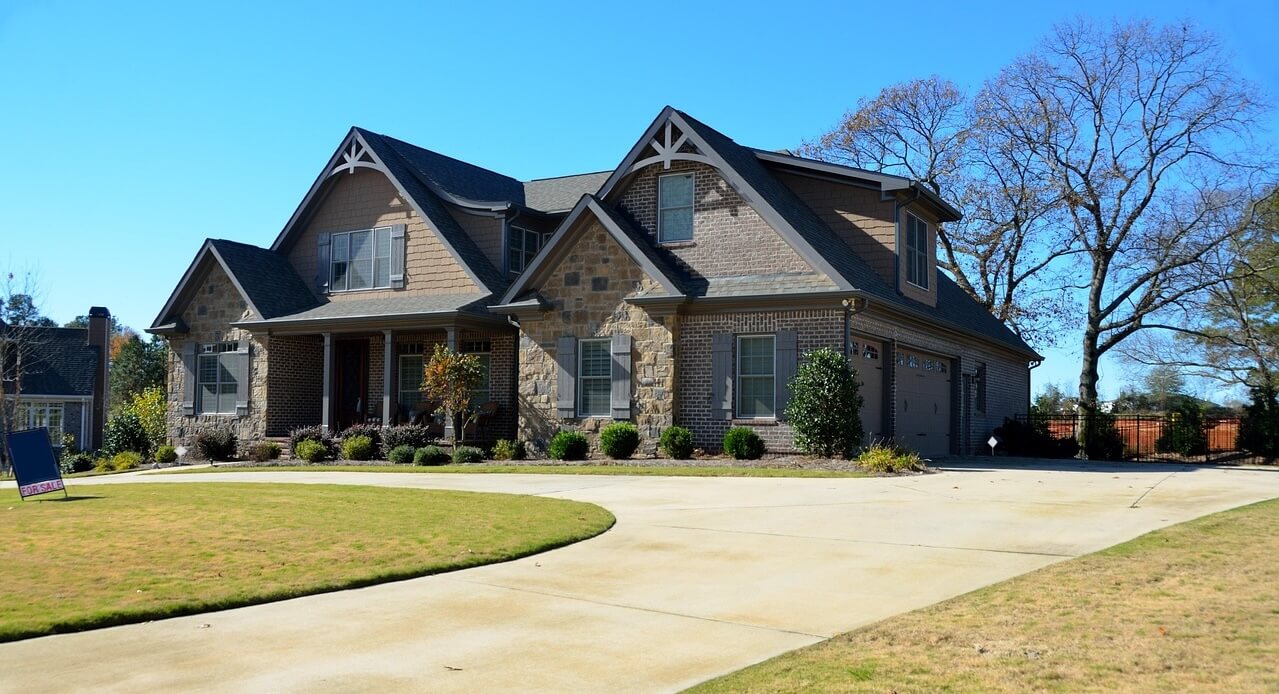Resin Driveway
Transform your home with a smooth and stylish resin driveway. Resin surfaces are durable, attractive, and low maintenance, making them a popular choice for modern homeowners. Find trusted local resin driveway installers near you and request free quotes through PavingFinder.
Why Choose Resin Driveway
A well-built driveway improves the look and value of your property. Resin driveways offer both strength and beauty with many colour and design options. They are perfect for driveways, patios, paths, and courtyards.
Main benefits include:
- Long lasting and weather resistant surface
- Wide range of colour and stone finishes
- Smooth and slip resistant texture
- Easy to clean and low maintenance
- Porous system that helps rainwater drain naturally
- Neat and professional appearance for any home
Types of Resin Driveways
There are two main types of resin surfaces used across the UK. Both are made by mixing natural stones with clear resin, but they have different finishes and performance.
Resin Bound Driveway
A resin bonded driveway is made by spreading resin first and then scattering stones on top. The finish looks more textured and natural. It is not fully permeable but provides strong grip and a traditional appearance. It suits sloped areas or places that need extra traction.
Resin Gravel Driveway
A resin gravel driveway combines the natural beauty of loose gravel with the stability of a fixed surface. The stones stay firmly in place, reducing movement and mess. It offers a clean look without the problems of shifting gravel.
Resin Driveway Colours and Finishes
Homeowners can choose from many colours and stone blends. Popular shades include natural stone, grey, black, red, and gold tones. Resin driveways can be designed to match the style of your house, garden, or surrounding landscape. Borders, patterns, and curves can also be added for a personal touch.
Installation and Preparation
A strong driveway starts with proper ground preparation. Professional installers begin by removing the old surface and levelling the area. A solid base of tarmac or concrete is laid to support the resin. Once the resin and stones are mixed, the surface is applied evenly and left to cure for several hours.
Most driveways are ready to use within one to two days. Installation time depends on size, weather, and surface type.
Maintenance and Cleaning
Resin driveways are very easy to maintain.
To keep the surface looking new:
• Sweep regularly to remove leaves and dirt
• Wash with mild detergent and water every few months
• Avoid using strong chemicals or metal shovels
• Check for weeds along edges and remove them early
With basic care, a resin driveway can last between 15 and 25 years.
Resin Driveway Costs in the UK
The cost of a resin driveway depends on size, design, and base condition.
Typical prices range from £40 to £70 per square metre, including materials and labour. Resin bound driveways are slightly more expensive than bonded types, but they offer better drainage and a smoother finish. Always compare several quotes to find the right option for your budget and needs.
How It Works
1. Search by postcode – Enter your postcode to find local resin driveway installers.
2. View profiles – Check photos, customer reviews, and company details.
3. Compare quotes – Contact several installers for free estimates.
4. Hire confidently – Choose a trusted and insured company near you.
Frequently Asked Questions (FAQ)
How long will a resin driveway last?
With proper installation and care, most resin driveways last between fifteen and twenty five years.
Can I drive heavy vehicles on a resin driveway?
Yes. A well-installed resin bound surface can handle regular cars, vans, and light trucks.
Will my driveway drain water properly?
Yes. Resin bound surfaces are fully permeable and allow water to pass through, which helps prevent puddles and frost damage.
How soon can I use the driveway after installation?
Most driveways can be used after 24 to 48 hours, depending on temperature and curing time.
Can resin be used on old concrete or tarmac?
Yes. Resin can often be applied over an existing surface if it is stable and free from cracks. Installers will inspect and prepare it before laying.

